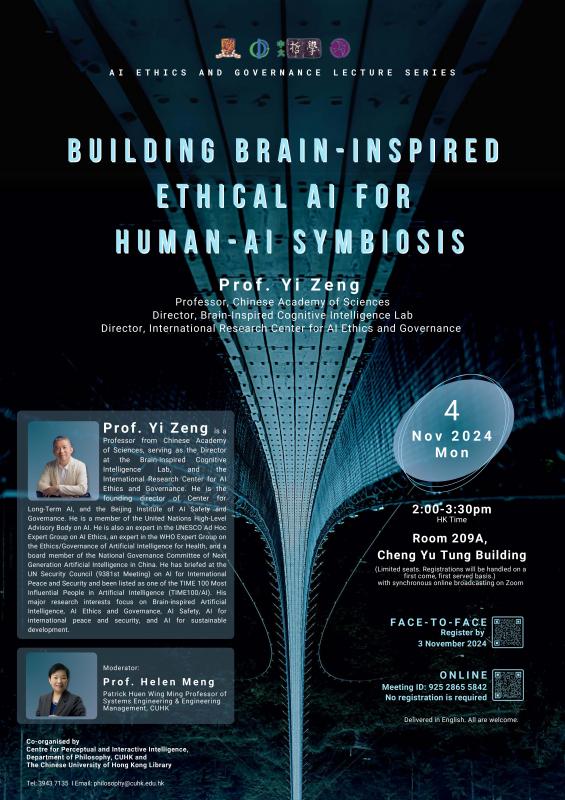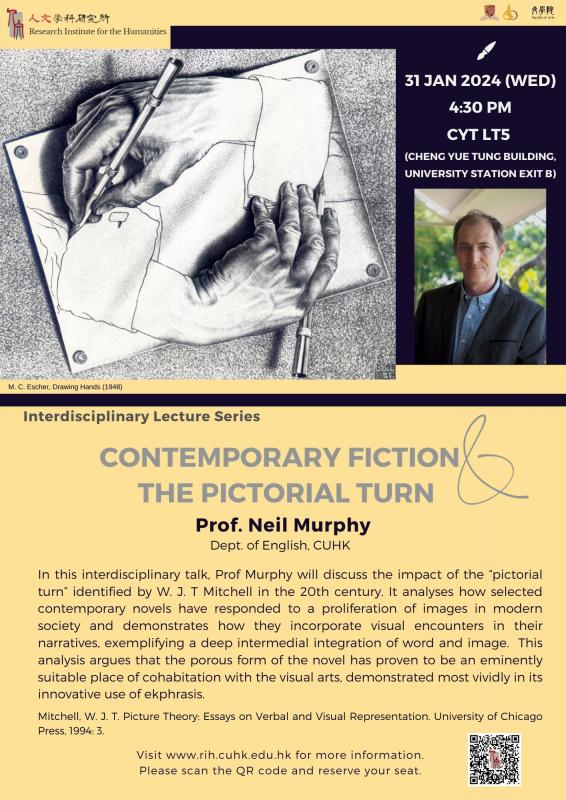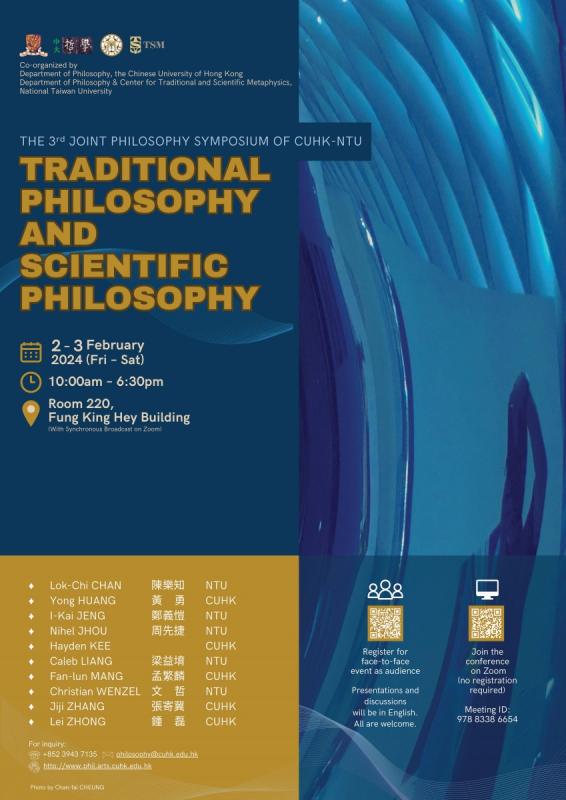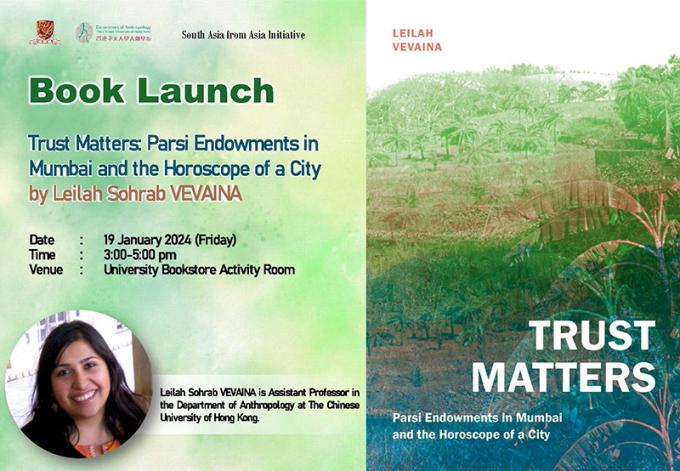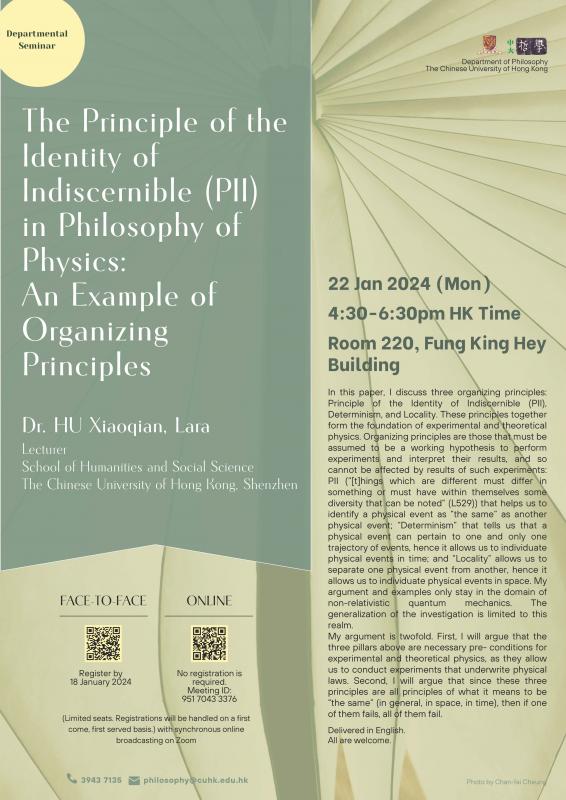Visiting Professor, Department of Philosophy, The Chinese University of Hong Kong
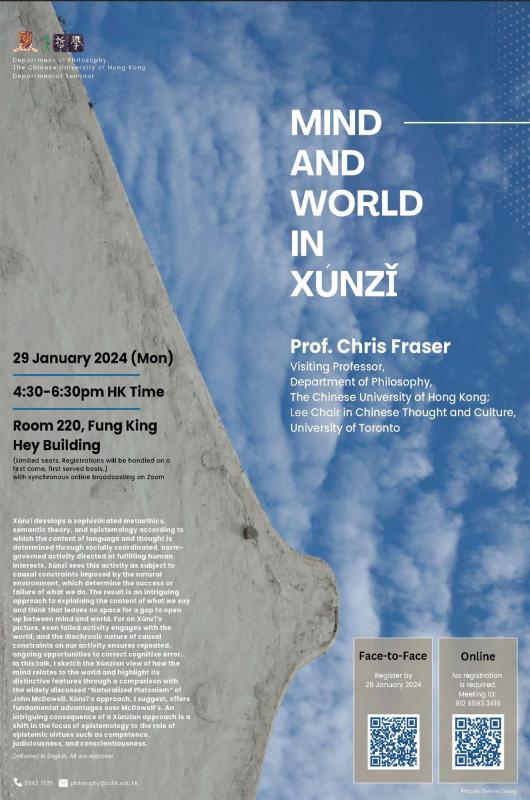
Xúnzǐ develops a sophisticated metaethics, semantic theory, and epistemology according to which the content of language and thought is determined through socially coordinated, norm-governed activity directed at fulfilling human interests. Xúnzǐ sees this activity as subject to causal constraints imposed by the natural environment, which determine the success or failure of what we do. The result is an intriguing approach to explaining the content of what we say and think that leaves no space for a gap to open up between mind and world. For on Xúnzǐ’s picture, even failed activity engages with the world, and the diachronic nature of causal constraints on our activity ensures repeated, ongoing opportunities to correct cognitive error. In this talk, I sketch the Xúnzian view of how the mind relates to the world and highlight its distinctive features through a comparison with the widely discussed “Naturalized Platonism” of John McDowell. Xúnzǐ’s approach, I suggest, offers fundamental advantages over McDowell’s. An intriguing consequence of a Xúnzian approach is a shift in the focus of epistemology to the role of epistemic virtues such as competence, judiciousness, and conscientiousness.
Online
No registration is required.
Meeting ID: 912 9593 3416
Link: https://cuhk.zoom.us/j/91295933416
Face-to-face
Register by 25 January 2024
Link: https://cloud.itsc.cuhk.edu.hk/webform/view.php?id=13681897
Tel: (852) 3943 7135
Fax: (852) 2603 5323
Website: http://phil.arts.cuhk.edu.hk/


